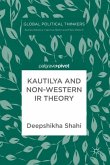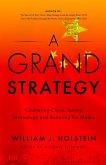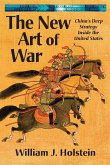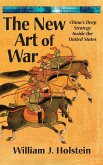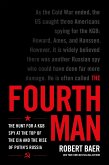The science of espionage has a long history of evolution and probably it originated ever since the emergence of state as the supreme form of governance in clan societies. The science, in course of emergence of larger states achieved high level of development in Egypt, Syria, Persia, China, Greece and India. By the 4th century B. C. the science of espionage in India achieved a spectacular level of advancement which was incorporated in Arthä¿stra. The basic theories of espionage as prescribed by Kau¿ilya have changed very little in course of the last two millennia and three hundred years notwithstanding the widespread use of technological devices developed in course of industrial advance, especially, the cyber technology developed in course of the last few decades. As regards effectiveness of espionage methods, the modern espionage agencies are yet to learn a lot from the theories and practices of espionage as embodied in Arthä¿stra.
Hinweis: Dieser Artikel kann nur an eine deutsche Lieferadresse ausgeliefert werden.
Hinweis: Dieser Artikel kann nur an eine deutsche Lieferadresse ausgeliefert werden.


